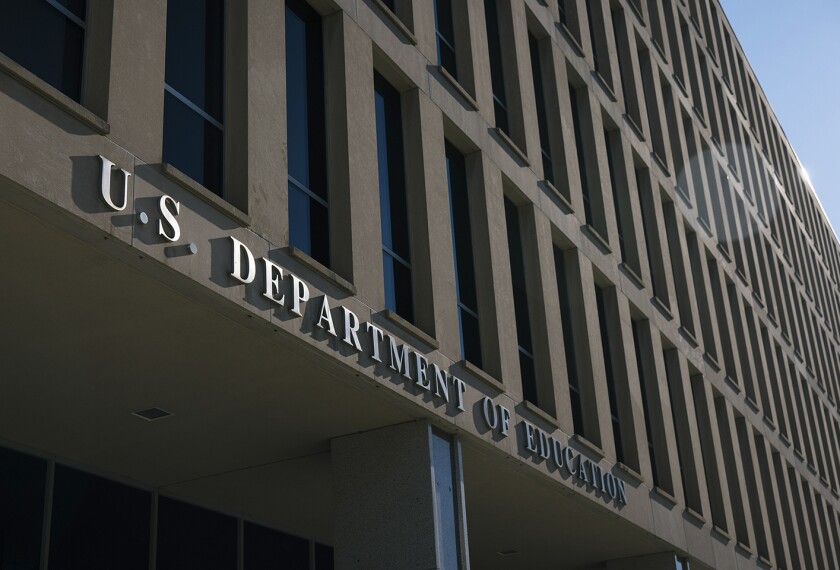A new study from the National Bureau of Economic Research shows that there may be some upside to the No Child Left Behind Act’s much-maligned accountability system.
Under the law, adequate yearly progress requires states to increase the number of students rated “proficient” on state tests each year and establishes tiered consequences for states that fail to meet the goals in subsequent years.
Policy experts, however, argue that the law drives states to “dummy down” their academic standards so that more students can be classified as proficient.
Researchers Thomas Ahn and Jacob Vigdor found that some of AYP’s sanctions actually proved beneficial. For example, they found the early, more lenient sanctions for schools that initially failed to meet AYP—such as being slapped with the failing label or allowing students to transfer out of the school—positively affected performance in the North Carolina school system they examined.




